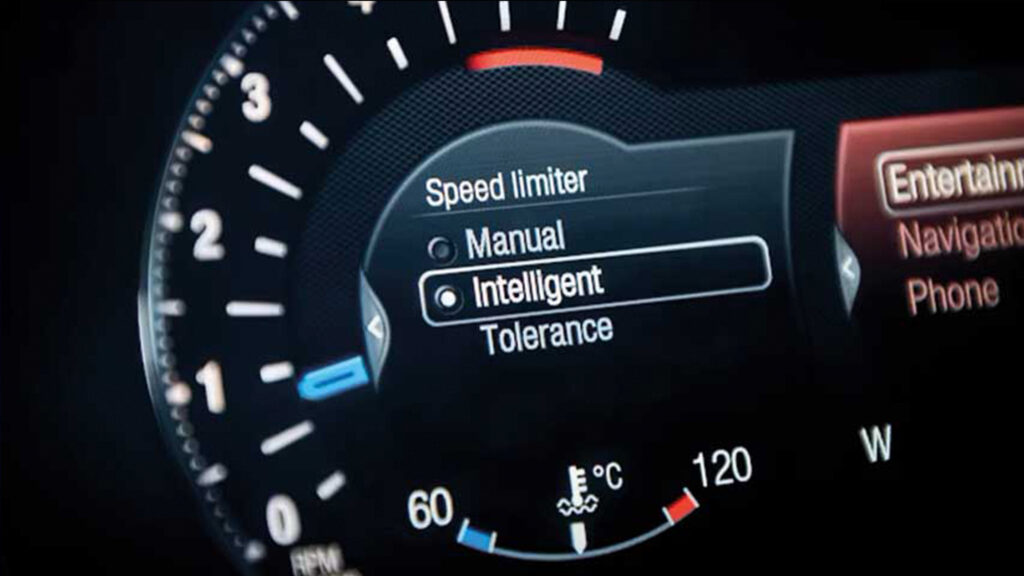- California’s governor has vetoed a bill demanding all new cars in the state offer speeding warnings from 2030.
- Gov. Gavin Newsom said the NHTSA is already evaluating intelligent speed assist (ISA) tech and adding state rules might disrupt the process.
- Cars sold in Europe are already required to have ISA, although drivers can disable the systems at the start of every journey.
California’s Governor Gavin Newsom has put the brakes on a bill that wanted to make intelligent speed assist (ISA) tech a legal requirement on all cars in the state by 2030.
Under the terms of the proposal, automakers would have been forced to equip all new cars, trucks and buses sold in California from 2030 with technology that beeps at the driver when they exceed the posted limit by 10 mph (16 km/h).
Related: California Is One Step Away From Requiring Speeding Alerts In New Cars
Similar features became mandatory on all new cars in Europe from this summer. The systems don’t actively prevent the driver from exceeding the limit but are designed to encourage them not to. They can be disabled at the start of every journey but will automatically re-activate the next time the car is fired up.
But Newson’s vetoing of the bill shouldn’t be taken to mean he wants Californians to be free to break the speed limit whenever they like. Instead, it’s a sign that he’s looking further down the road at rules the federal government might introduce, because Newsom views these kinds of rules as federal territory.
“Adding California-specific requirements would create a patchwork of regulations that undermines this longstanding federal framework,” Newsom said.

He noted that the National Highway Traffic Safety Administration (NHTSA) “is also actively evaluating intelligent speed assistance systems, and imposing state-level mandates at this time risks disrupting these ongoing federal assessments.”
Republican lawmakers had opposed the bill, warning that the additional tech required to make ISA work would made cars more expensive and could distract drivers. But the bill’s sponsor, Democratic state Senator Scott Wiener, claimed the decision was bad news for safety.
“California should have led on this crisis as Wisconsin did in passing the first seatbelt mandate in 1961,” Wiener said in a statement to AP News. “Instead, this veto resigns Californians to a completely unnecessary risk of fatality.”




